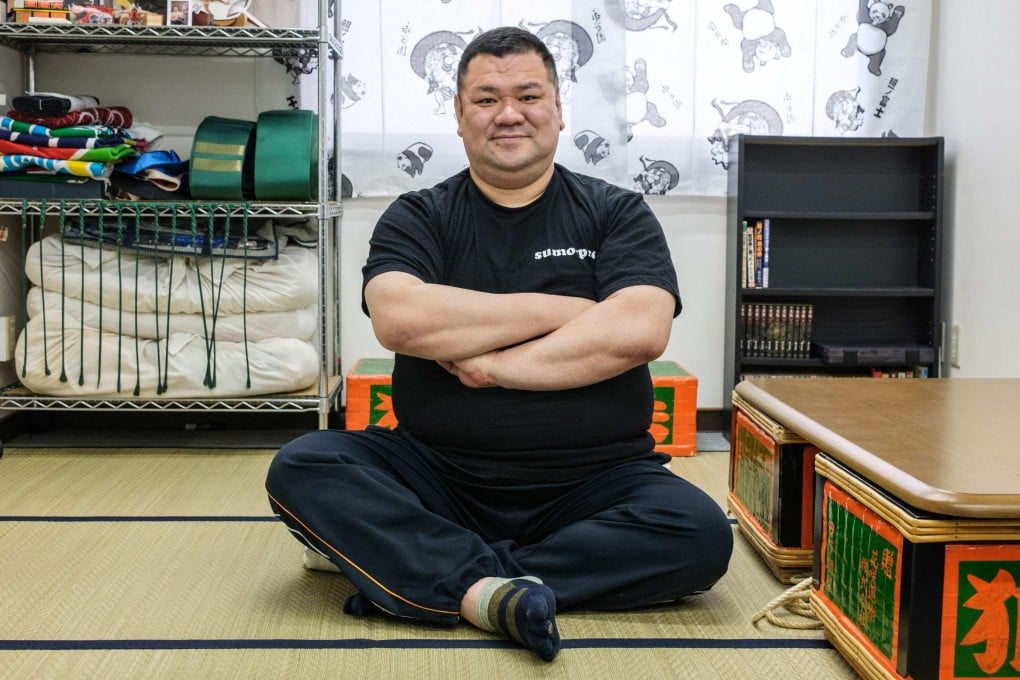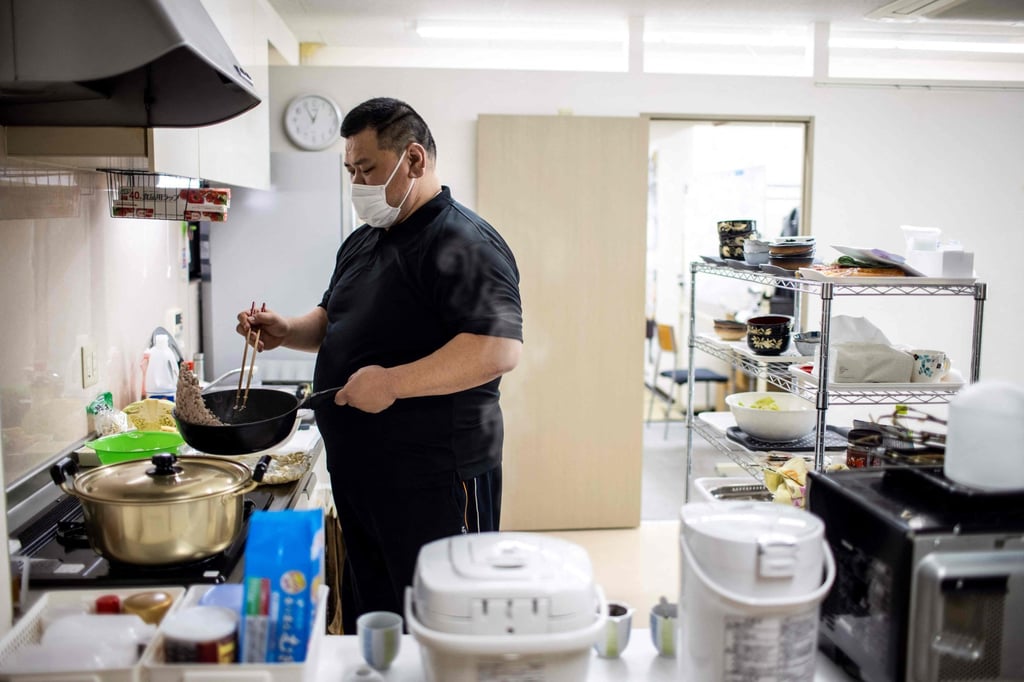Advertisement
Sumo wrestlers struggle for work and relevance when they step away from the sport
- Athletes in many sports can struggle to reinvent themselves after retirement, and the challenge is particularly tough for sumo wrestlers in Japan
- Many leave with little education or savings and their size can be a disadvantage. Former wrestlers who retired earlier help get some of them back on their feet
Reading Time:3 minutes
Why you can trust SCMP
0

When Japanese sumo wrestler Takuya Saito retired from the sport at 32 and began job-hunting, he had no professional experience and didn’t even know how to use a computer.
Athletes in many sports can struggle to reinvent themselves after retirement, but the challenge is particularly acute for those in the ancient world of sumo.
Wrestlers are often recruited early, sometimes as young as 15, and their formal education ends when they move into the communal stables where they live and train.
That can leave them in for a rude awakening when their topknots are sheared in the ritual that marks their retirement.

When Saito left sumo, he considered becoming a baker, inspired by one of his favourite cartoons.
Advertisement